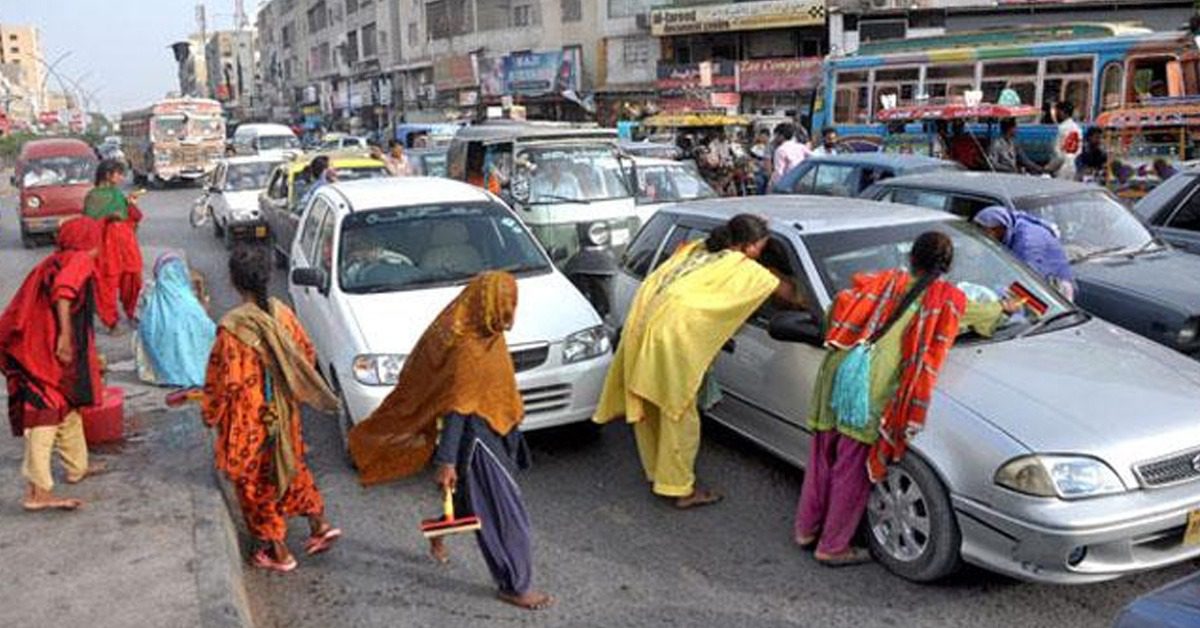During a citywide campaign in Karachi, professional beggars have found sanctuary in government-run clinics. A thriving network of begging syndicates has emerged within these hospital complexes, misleading both patients and medical personnel.
According to reports, once Ramadan begins, beggars swarm to Karachi, fueled by unemployment, inflation, and other economic problems affecting the country. However, this surge is frequently associated with an increase in theft and robbery events around the metropolis. This year, confronted with the potential of police involvement against street beggars, these syndicates have moved their activities inside the city’s hospitals.
These syndicates have infiltrated the premises of top healthcare facilities such as JPMC, Civil Hospital, National Institute of Child Health (NICH), and National Institute of Cardiovascular Diseases (NICVD), all managed by the Sindh Health Department, posing as nomadic women, children, or men. Mafia agents use creative and sophisticated ways to simulate help and create prescriptions in order to elicit sympathy and financial aid from unsuspecting individuals.
Even in Karachi’s greatest health center, the situation is grave. Visitors to these institutions complain about the growing activity of beggar syndicates, which openly target both patients and medical personnel, resorting to prescription forgeries to increase their earnings. Some concerned spectators reprimand the beggars and push them away, while others feel obligated to hand them their money.
All drugs are offered free of charge to outpatients (OPD) in these hospitals, with doctors working hard to deliver as many medications as possible at no cost. Despite these efforts, locals are urging the provincial police chief and hospital officials to take action to combat this threat, allowing them to break free from the grips of professional begging syndicates.

